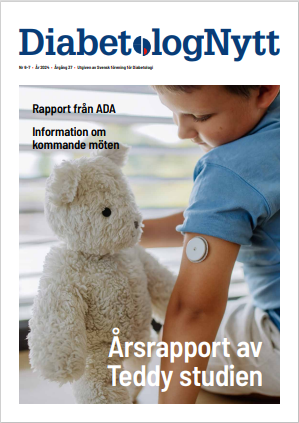Key takeaways:
- Black coffee is rich in micronutrients that have natural properties beneficial for human health.
- Regularly drinking coffee long-term may help prevent or delay the onset of type 2 diabetes.
- New research finds that a compound in coffee, cafestol, can have significant effects on weight loss.
Coffee is one of the most popular drinks in the world, and for good reason. Not only does it help people get through a grueling workday (or just life in general), but it’s full of micronutrients and very low in calories.
• In fact, drinking 1-4 cups of coffee (caffeinated or decaffeinated) per day is linked to a lower risk of developing type 2 diabetes. Studies have found drinking coffee regularly long-term can preserve both beta cell and liver function; as you may know, damage to cells in the pancreas and liver are key contributors to the development of type 2 diabetes.
“We all know that lifestyle intervention can help prevent or delay the onset of type 2, and it’s pivotal to find new and hopefully inexpensive ways to prevent the disease,” said Dr. Fredrik Drews Mellbye, an endocrinology researcher based in Denmark. “What better place to look than the things we eat and drink – like coffee.”
• Of course, the most widely studied component in coffee is caffeine. However, there are lots of bioactive elements in coffee that could be beneficial for human health. One is cafestol, which is plentiful in espresso and boiled coffee.
In one of Mellbye’s older studies, he observed that beta cells steeped in cafestol produced more insulin. Later animal research revealed that cafestol-fed mice had significantly lower glucose levels compared to ones without cafestol; Mellbye also discovered that cells in the pancreas of these mice produced almost twice the amount of insulin.
Eager to find out if the compound had similar effects on humans, Mellbye has conducted several small studies and shared the findings of his latest research at the EASD 2024 conference. The study enrolled 18 people with a body mass index (BMI) over 30 (a BMI of 30 or higher indicates obesity).
• While cafestol didn’t appear to have a notable effect on insulin resistance or glucose tolerance, he was surprised to see cafestol had a significant effect on weight. Over the course of 12 weeks, participants who consumed two doses of cafestol per day lost roughly four pounds, specifically, 0.4 liters of visceral fat (harmful fat around organs in the abdominal cavity).
– “This was really, really interesting for us,” Mellbye said. “You would expect of course that with significant weight loss there would be increased insulin sensitivity but there was not – and we don’t have an explanation for it.”
Mellbye said he plans to conduct further research with higher doses of cafestol tested for a longer time in participants with impaired glucose tolerance (most enrolled in his 2024 study did not have impaired glucose).
While more research needs to be done, the effects of cafestol on weight loss show some promise for diabetes prevention as excess weight or obesity is a major driver of type 2 diabetes.
From www.diatribe.org
nyhetsinfo
www red DiabetologNytt





